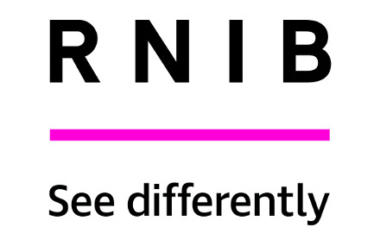
Today, on World Sight Day, a UK-first technology is launching which will be a first step to enable blind and partially sighted people to shop independently. Coco Pops cereal boxes are the first food product in the UK to trial the innovative tech, designed specifically for those who are visually impaired.
NaviLens – the new technology embedded within the boxes – allows smartphones to detect the code on the cereal pack (similar to a QR code) when a blind or partially sighted person walks along the shopping aisle. Once the smartphone has picked up the code, it helps the user identify the product by reading aloud the product details, including the ingredients and allergen information of the cereal. Smartphones users can pick up the code from three meters away, allowing a much easier and more accessible shopping experience for those who are visually impaired.
The technology is currently used across Barcelona’s transport system, making the city easier to navigate for its thousands of visually impaired citizens, and now it is the first time the UK will be using the technology. The cereal boxes which are part of this trial are also embossed with braille and the on-pack information is in a larger font size.
During the nation’s lockdown earlier this spring, blind and partially sighted people did not fall into the government’s category of vulnerable people and were not given priority places to shop online. This meant that many struggled to access essential foods independently, alongside the added difficulty of social distancing. Although priority online shopping slots are now available for people with sight loss via RNIB, tighter restrictions coming into force for parts of the UK have caused issues for blind and partially sighted people in stored. This game changing piece of technology has the potential to increase accessibility for the sight loss community if rolled out further.
Marc Powell, Strategic Accessibility Lead at the RNIB:
“Important information on packaging can often be in very small print, making it difficult for blind and partially sighted people to read. This can make shopping a real challenge, especially for those with specific dietary requirements – as they can’t see the all-important nutritional information.
“This trial with Kellogg’s using NaviLens technology has raised the bar in inclusive and accessible packaging design – allowing people with low or no vision to locate a product on the shelf and access all information about it completely independently for the very first time.”
Chris Silcock, MD of Kellogg’s:
“Over two million people in the UK live with sight loss and are unable to simply read the information on our cereal boxes. That’s why we partnered with RNIB to trial special boxes of Coco Pops with NaviLens technology - a first for food packaging. If the trial is a success, we would hope that it could appear on more of our cereal boxes for visually impaired shoppers to access.”
About NaviLens
NaviLens is a printed code that can be scanned, using a smartphone camera and a free app, to hear what information is stored within them. The tags are made up of high-contrasting coloured squares on a black background, similar in appearance to a QR code. Unlike with QR codes, users don’t need to know exactly where a tag is to be able to read it. A tag measuring 20 x 20 centimetres (7.9 x 7.9 inches) can be detected from 12 meters (39 feet) away, even in motion and without having to focus the phone’s camera.
As users sweep their environment with a smartphone, audio cues allow them to find and centre the tag in the phone’s field of view. A shake of the wrist prompts the details contained within the tag to be read out. The information can vary depending on where the user is standing in relation to the tag, and can be programmed in multiple languages, with the phone automatically selecting its native language.
About RNIB
We are the Royal National Institute of Blind People (RNIB). Every six minutes, someone in the UK begins to lose their sight. RNIB is taking a stand against exclusion, inequality, and isolation to create a world without barriers where people with sight loss can lead full lives. A different world where society values blind and partially sighted people not for the disabilities they have overcome, but for the people they are. RNIB. See differently. Call the RNIB Helpline on 0303 123 9999 or visit www.rnib.org.uk


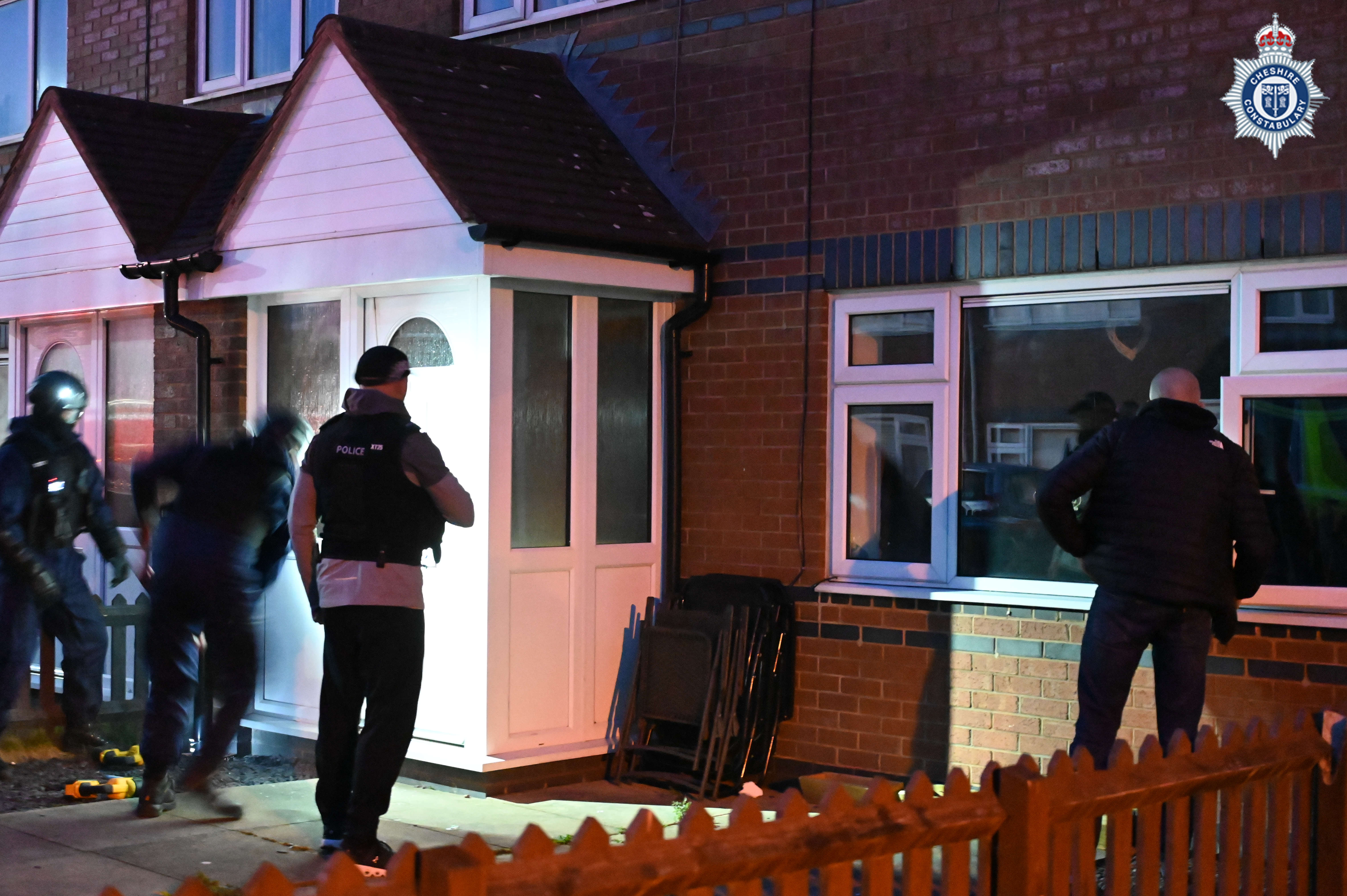 Ten arrested for drugs offences following warrants in Chester
Ten arrested for drugs offences following warrants in Chester
 Suspended prison sentence and indefinite ban for Cheshire man who abused his dog
Suspended prison sentence and indefinite ban for Cheshire man who abused his dog
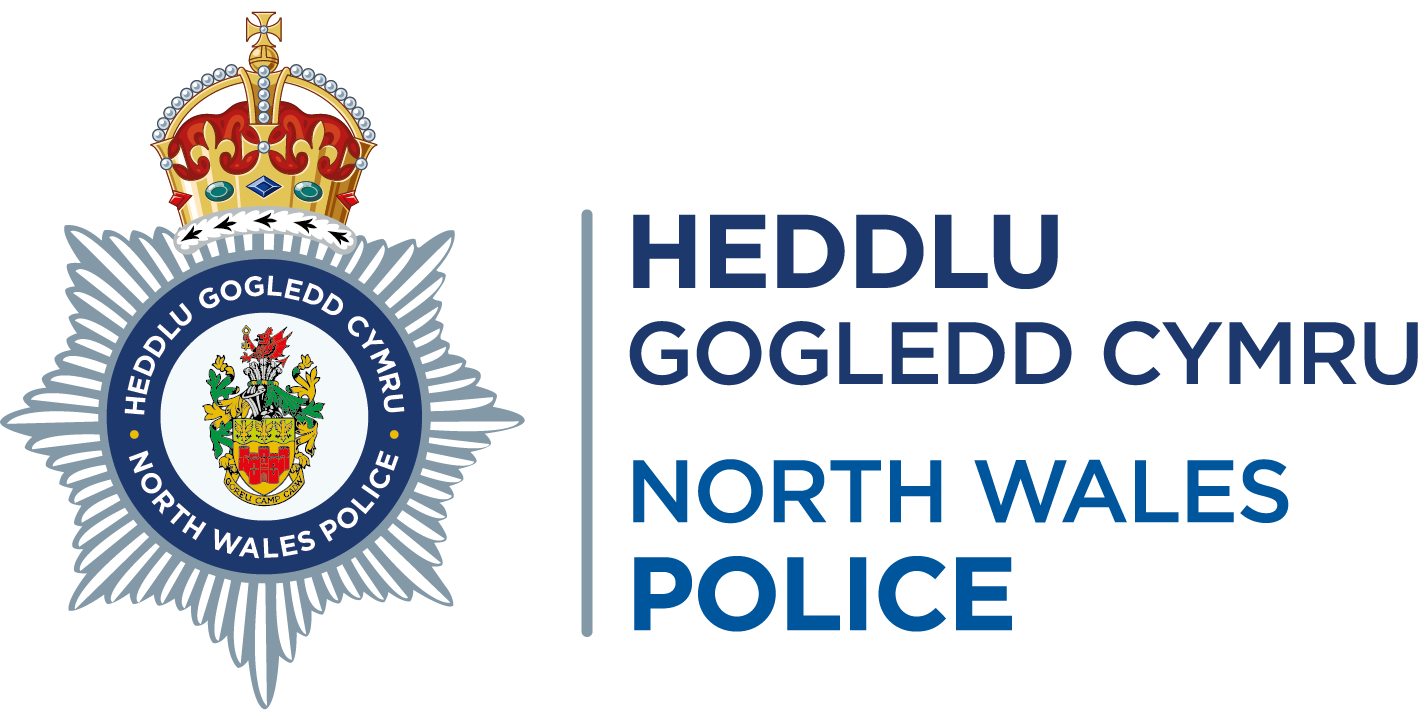 Recovered Stolen Items
Recovered Stolen Items
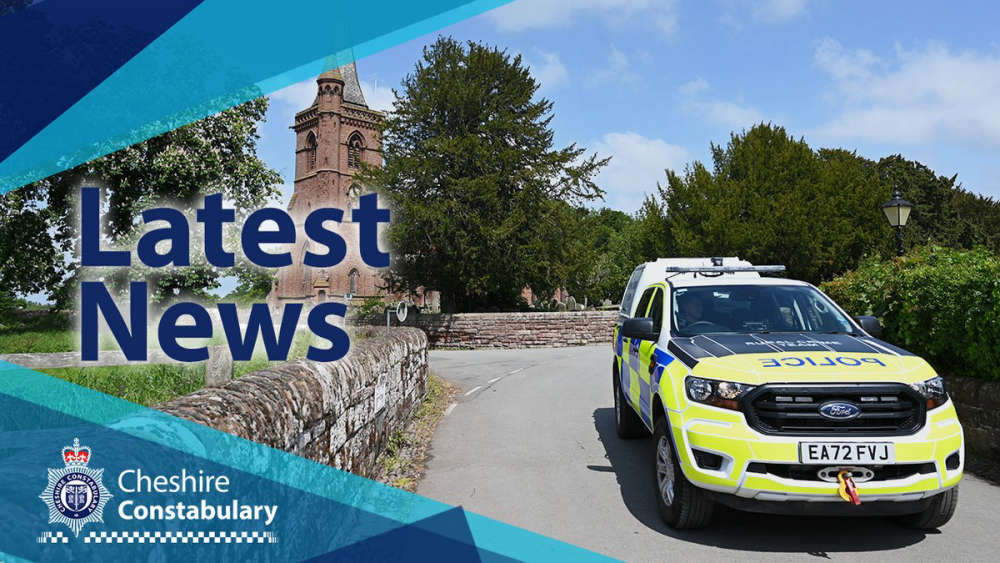 Man charged in relation to courier fraud
Man charged in relation to courier fraud
 Police to target criminal use of Cheshire’s roads
Police to target criminal use of Cheshire’s roads
 Appeal for help in tracing wanted Ellesmere Port man
Appeal for help in tracing wanted Ellesmere Port man
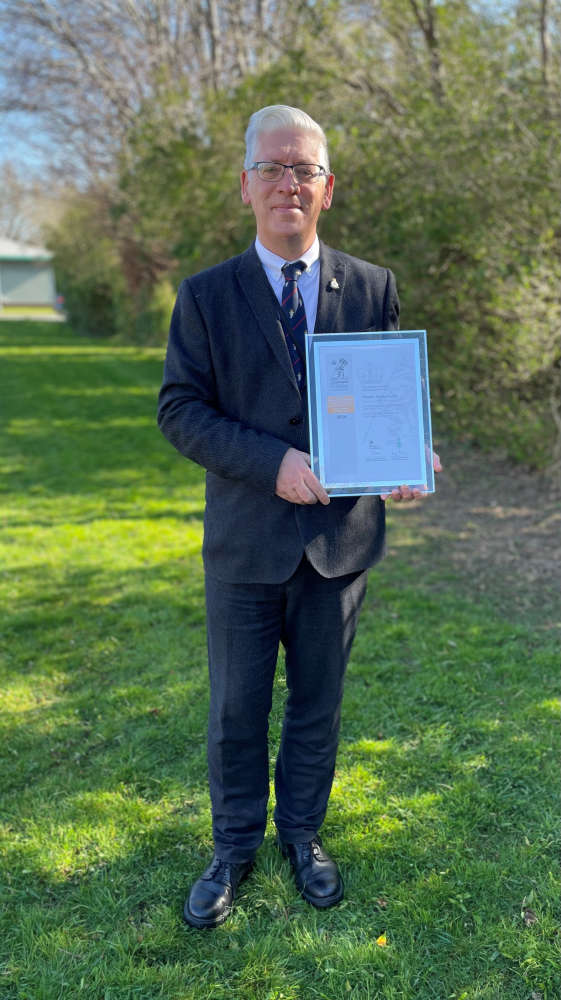 Council awarded Gold Armed Forces Award
Council awarded Gold Armed Forces Award
 Appeal for footage and witnesses following collision in Delamere
Appeal for footage and witnesses following collision in Delamere
 Appeal for information following serious collision in Chester
Appeal for information following serious collision in Chester
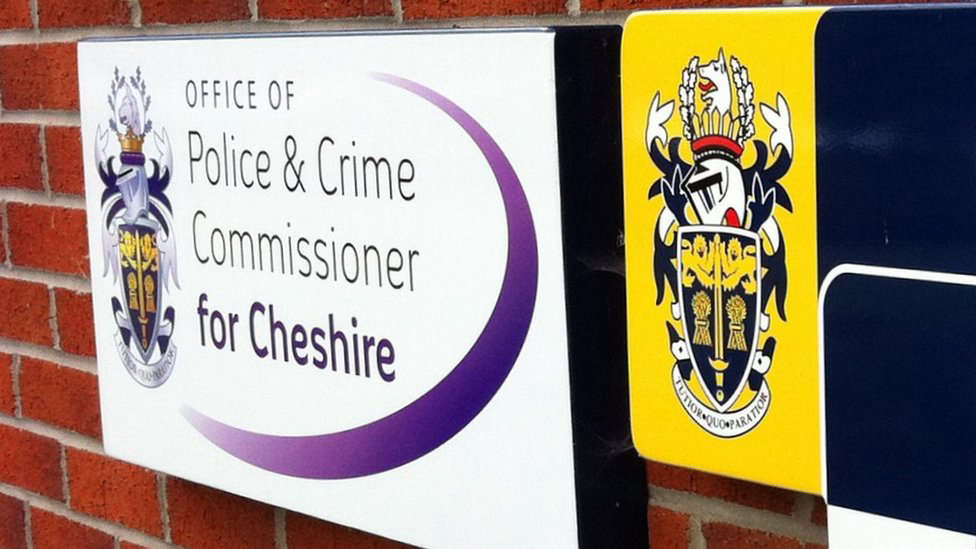 Your chance to get involved in police scrutiny meetings
Your chance to get involved in police scrutiny meetings
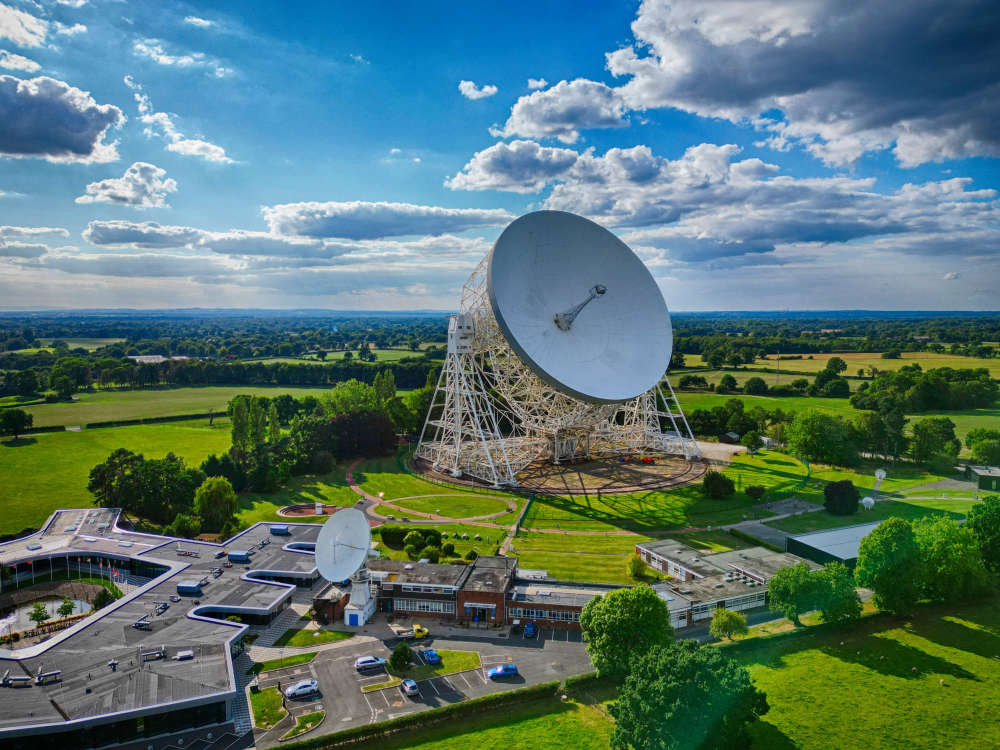 New Events at Jodrell Bank
New Events at Jodrell Bank
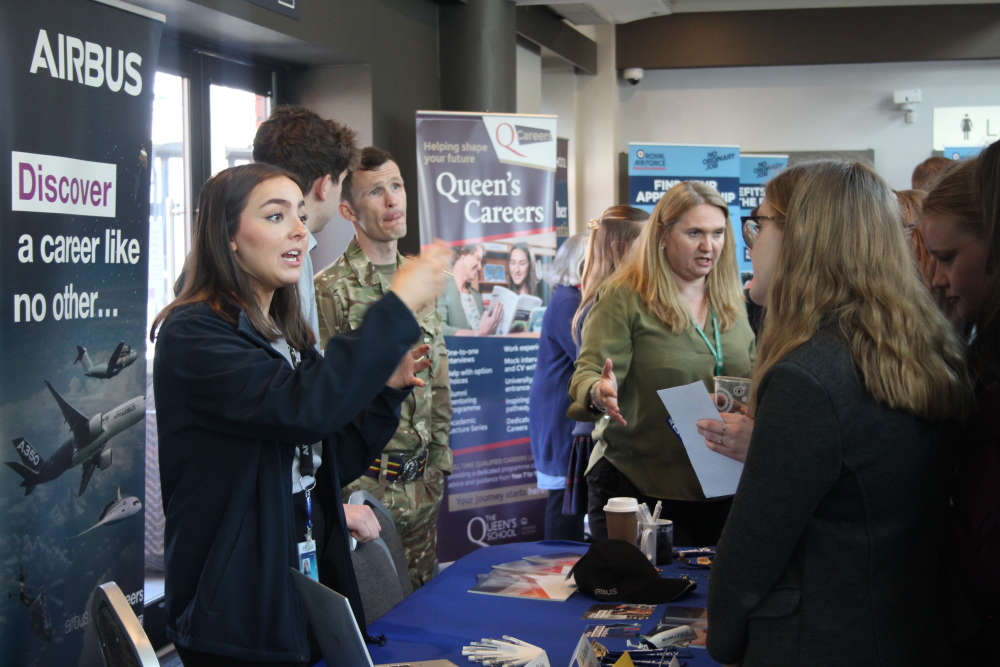 Inspiring Futures at The Queen’s School
Inspiring Futures at The Queen’s School
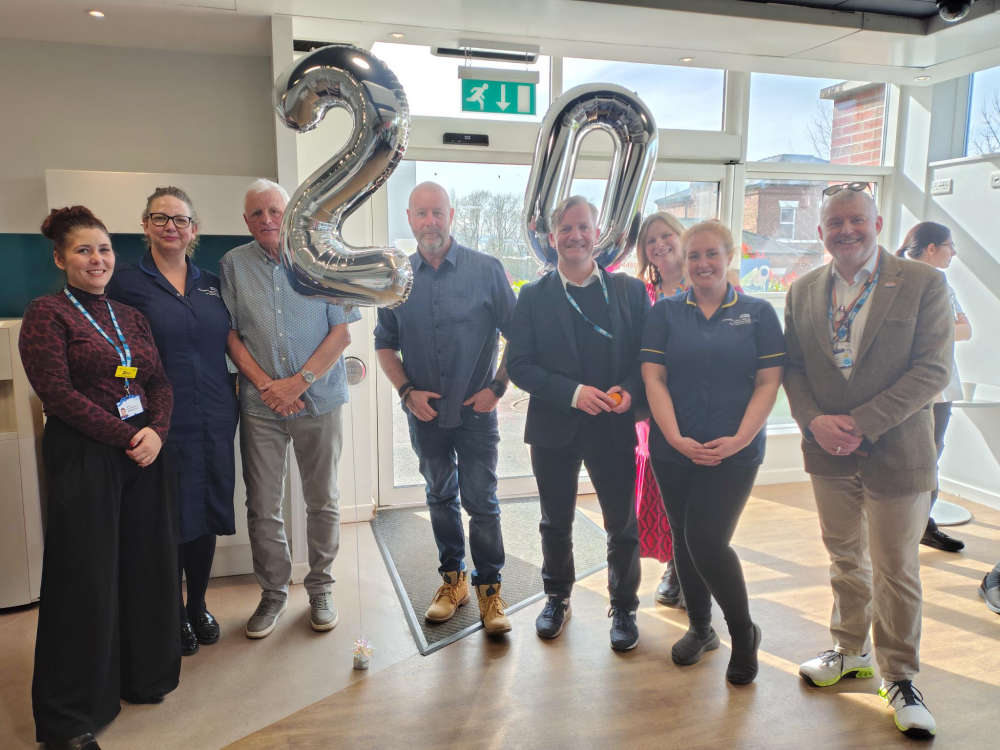 Bowmere Hospital celebrates 20 years of mental health care
Bowmere Hospital celebrates 20 years of mental health care
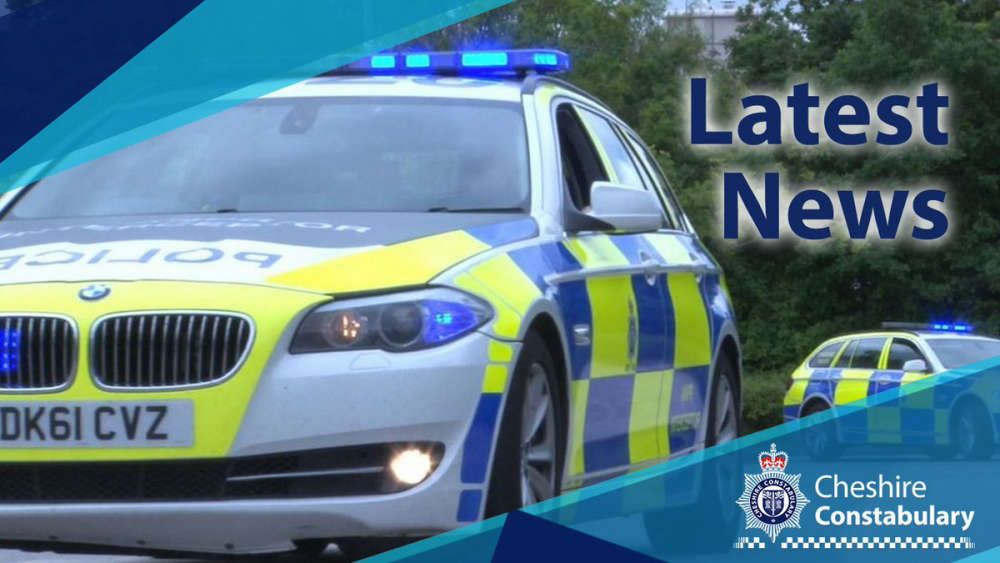 Man charged with burglary and drug offences following Chester police stop check
Man charged with burglary and drug offences following Chester police stop check
 Vicars Cross Road closed following collision in Chester
Vicars Cross Road closed following collision in Chester
 Man jailed for controlling and coercive behaviour and assault
Man jailed for controlling and coercive behaviour and assault
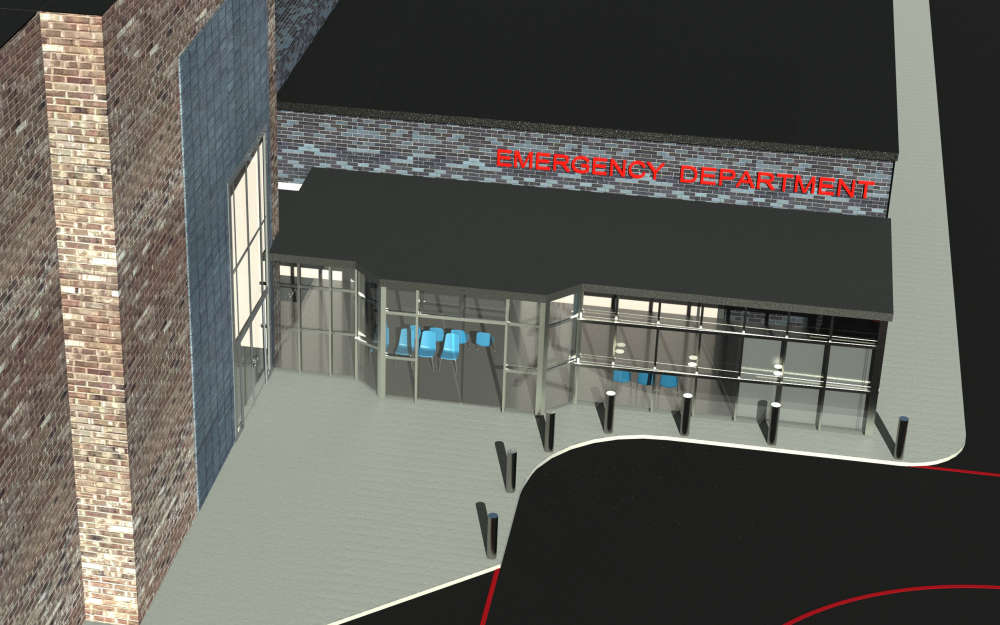 Plan unveiled to transform and improve emergency care at Countess of Chester Hospital
Plan unveiled to transform and improve emergency care at Countess of Chester Hospital
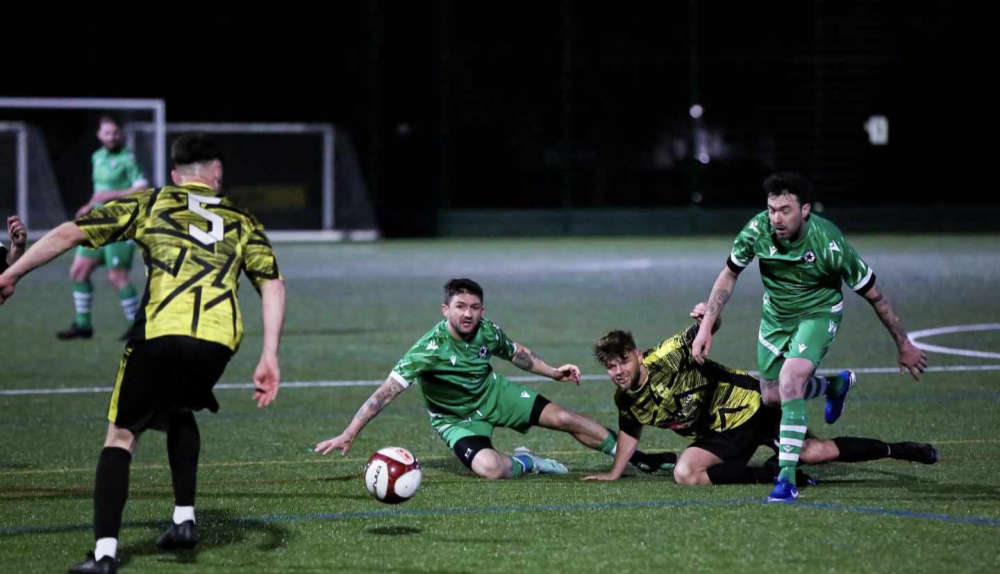 Chester & Wirral Football League - Weekend Round Up
Chester & Wirral Football League - Weekend Round Up
 Ladbrokes returns to Chester Racecourse
Ladbrokes returns to Chester Racecourse
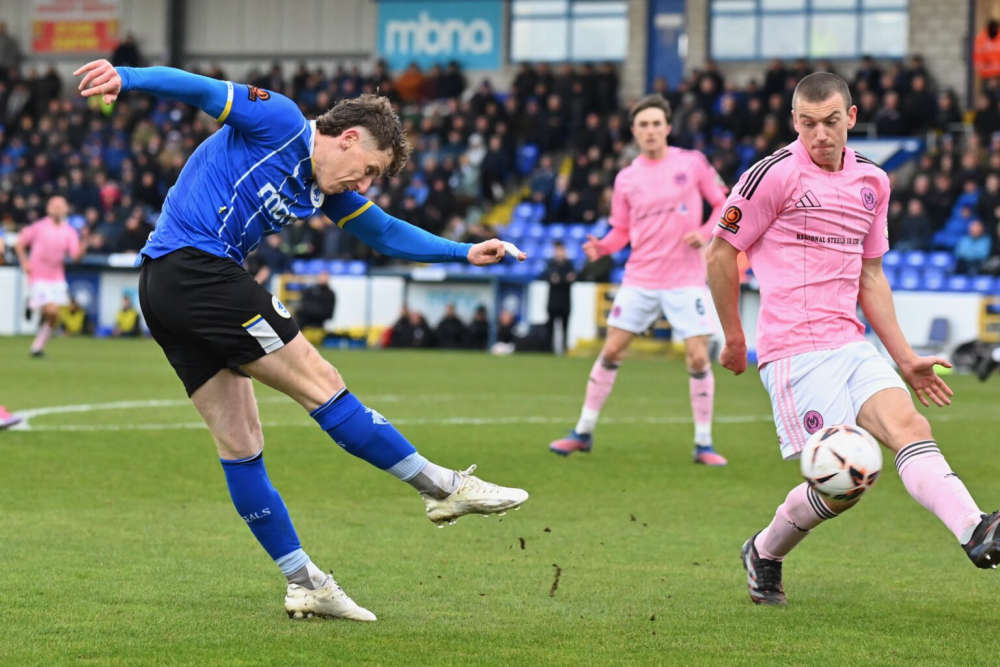 Blues Match Report: Chester FC 1 - 1 Curzon Ashton
Blues Match Report: Chester FC 1 - 1 Curzon Ashton